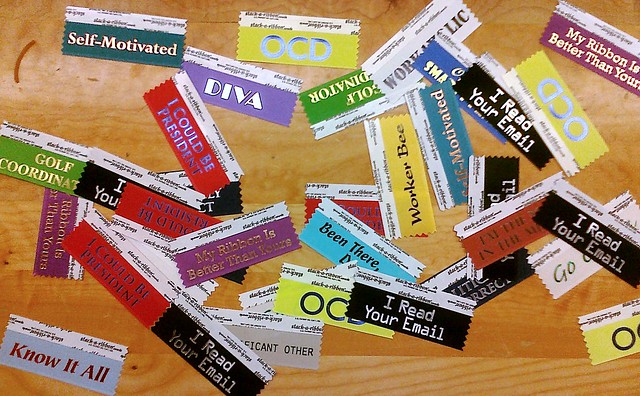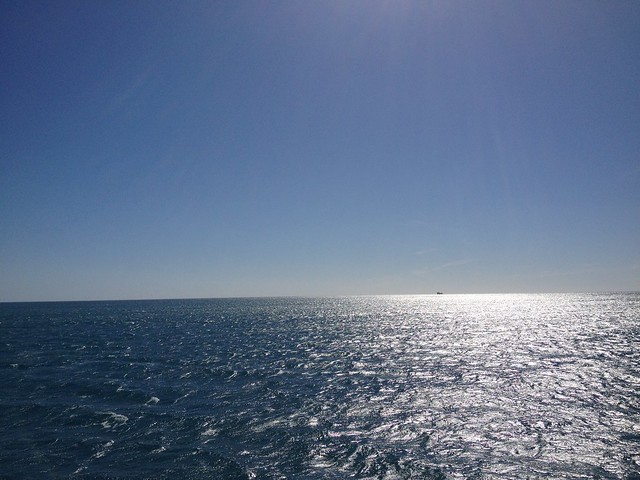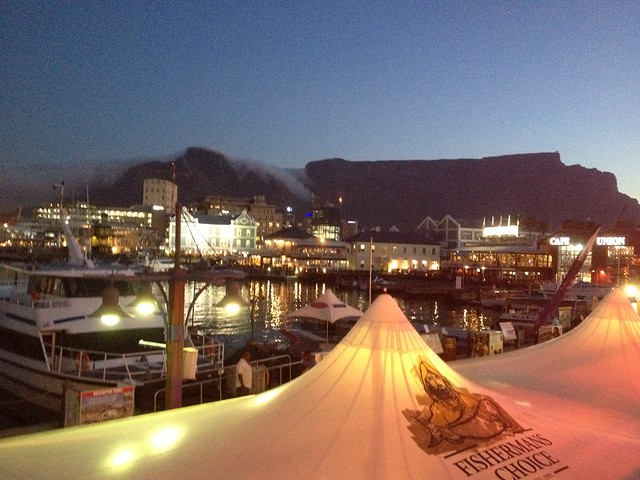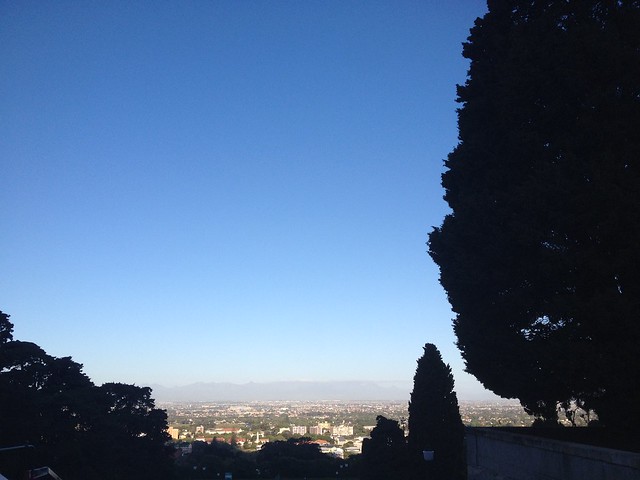What makes a conference great? Andy Priestner posed the following question on Twitter today:
Pls RT (and respond): What makes for an amazing conference experience - specific ideas welcomed. Thank you!
— Andy Priestner (@PriestLib) December 16, 2013
I found my answer wouldn't fit even across loads of tweets. So with that in mind, and following on from the previous post on inspiring conferences, here's my personal opinions based on conferences I've attended.
- The other delegates. This is very tricky. Much like what makes a good school experience isn't really the Ofsted report and the facilities so much as the other kids and whether they're nice, and a good job experience has (probably) more to do with your colleagues and line-manager than your salary and objectives, a good conference experience has a lot to do with the kind of crowd the conference attracts. If you get open, enthusiastic and practical people to hang out with, the presentations themselves are really just a springboard rather than the focus of the conference. What I remember most about SLA was the other delegates.
- A good keynote from outside the industry. LILAC gives fanstastic keynote - and part of the reason is they bring in someone from outside of libraries, who knows enough about them to make their talk relevant without just pandering to librarians. Spare me people saying 'A library without a librarian is just a room' - guess how much that helps me? Correct: not at all.
- A variety of formats. There's no excuse just to have a bunch of people doing long presentations, these days. I want to see Pecha Kucha 20/20s, I want to see Teachmeet style sharing, I want to see panel discussions, I want some unconference style rewriting of the hierarchy. Ideally, I'd like to see something not listed here because I've never seen it before. Surprise me.
- Speakers who understand speaking rather than just the subject they've been asked to speak about. Don't tell me all about your methodology at the start - if you have to tell me about your methodology at all, do it after you've told me WHY I should care about it (i.e. give me the results first). On the subject of results, if you've not yet finished your project and can't tell us your conclusions, why are you here? And of course, don't get me started on presenters who can't be bothered to make decent presentations, or go over their time slots.
- A mixture of the cerebral and the immediate. I want to be inspired, uplifted, and invigorated. I ALSO want to be able to go back to my desk when the conference is finished and change the way I work, for the better, right away.
- New blood. I want there to be new professionals at any event I go to, because apart from being, obviously, The Future, they're often the most enthusiastic and passionate. So make sure your event offers hard-up new profs the chance to attend and ideally to present too. (On a related note, I'd recommend going to New Profs events even if you aren't so 'new' anymore; it restores your faith...)
- A lead organiser who really has their shit together. I've been to conferences where the person effectively chairing the event seems completely at sea, or not to be invested in the success of the day at all. Organising conferences is REALLY hard (I've done it, enjoyed it, but resolved to stick to speaking from then on because that is MUCH easier) so you've got to be completely committed and quite sharp, and creative, and good at logistics, to make a success of it.
- An appropriate level of resource. It is possible to organise conferences and unconferences very cheaply, but that needs to be built into the DNA of the conference. A hugely ambitious conference shouldn't be attempted without a hugely ambitious budget. I'm quite happy to sleep through 15-minutes of sponsor-talk at the start of each day if it means the event is well financed and everything works.
- Technology. If the wifi is no good, find another venue. If the screens are small, find another venue. If the presenter PCs are positioned so the presenter has to look away from the audience to present, find another venue. If someone is doing a presentation via Skype or a webinar software then by God they'd better give a transcendent and truly transformative talk if we're to suffer through the 100% inevitable bad sound quality, visual glitches, and delays where the screen goes blank.
- Downtime. I'm an introvert. Most people going to library conferences are introverts. Introverts need time to recharge, away from the crowds, or we go a bit loopy. So the best conference schedules, for me, are the ones brimming with activity - but with some downtime built in too.
Anything you'd add?






